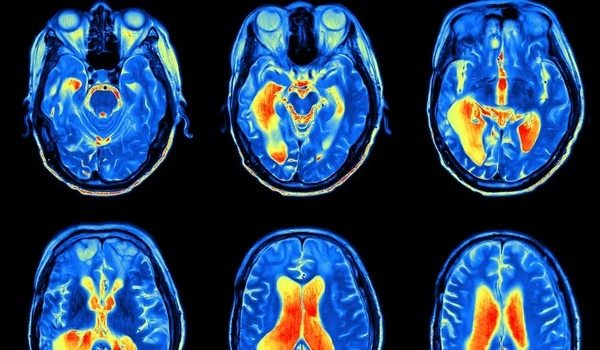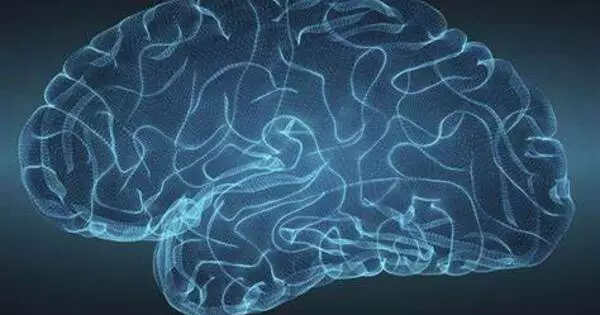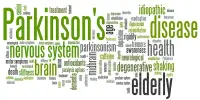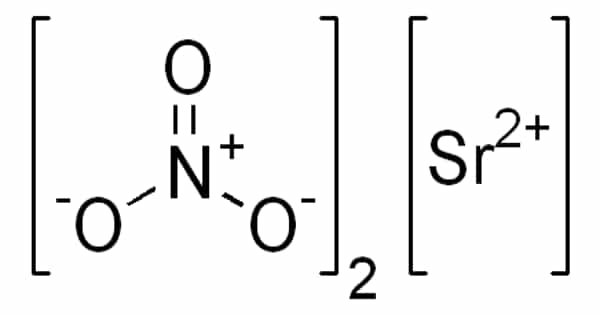Brain imaging has been critical in identifying biomarkers of mental illness, revealing important insights into the neural mechanisms underlying various psychiatric disorders. Biomarkers are measurable indicators that can aid in the diagnosis, prediction, or monitoring of disease progression. Identifying reliable biomarkers in the context of mental illness can improve our understanding of the disorders, improve early detection, and guide personalized treatment approaches.
A lack of biomarkers – objective biological or physiological markers that can help diagnose, track, predict, and treat diseases – is impeding research and treatment of psychiatric disorders. A large dataset is used in a new study to identify predictive brain imaging-based biomarkers of mental illness in adolescents. Elsevier publishes the study in Biological Psychiatry.
Traditionally, psychiatric disorders such as depression have been diagnosed based on subjective assessments of symptoms. The discovery of biomarkers to assist in diagnosis and treatment selection would significantly advance treatments.
Mental illness in adolescence has emerged as a cardinal public health challenge in the post-COVID era. We would benefit from better ways to identify at-risk adolescents now more than ever. This study employs data from the seminal ABCD Study to demonstrate how neuroimaging data can shed light on the risk of mental illness across the spectrum of diagnoses.
John Krystal
The current study used brain imaging data from the Adolescent Brain Cognitive Development (ABCD) Study, which included nearly 12,000 children aged 9 to 10 at the start of the study. Researchers can investigate the organization of brain circuits through their interaction with one another over time using modern neuroimaging techniques such as resting-state functional connectivity (rsFC) analysis.
Yihong Yang, Ph.D., of the National Institute on Drug Abuse’s Neuroimaging Research Branch, said, “Using a functional MRI dataset, we identified a brain connectivity variate that is positively correlated with cognitive functions and negatively correlated with psychopathological measures.”
Cognition has long been studied in the context of mental disorders, and recent research has pointed to shared neurobiology between the two, as supported in this new study.

This brain-based variate predicted how many psychiatric disorders were identified in participants at the time of the scan and over the following two years. It also predicted the transition of diagnosis across disorders over the two-year follow-up period.”
Dr. Yang added, “These findings provide evidence for a transdiagnostic brain-based measure that underlies individual differences in developing psychiatric disorders in early adolescence.”
“Mental illness in adolescence has emerged as a cardinal public health challenge in the post-COVID era,” said John Krystal, MD, Editor of Biological Psychiatry, of the study. We would benefit from better ways to identify at-risk adolescents now more than ever. This study employs data from the seminal ABCD Study to demonstrate how neuroimaging data can shed light on the risk of mental illness across the spectrum of diagnoses.”
Furthermore, Dr. Yang said, “Finding biomarkers of mental illnesses, rather than relying on symptoms, may provide a more precise means of diagnosis, thereby aligning psychiatric diagnosis with other medical diagnoses.”
















